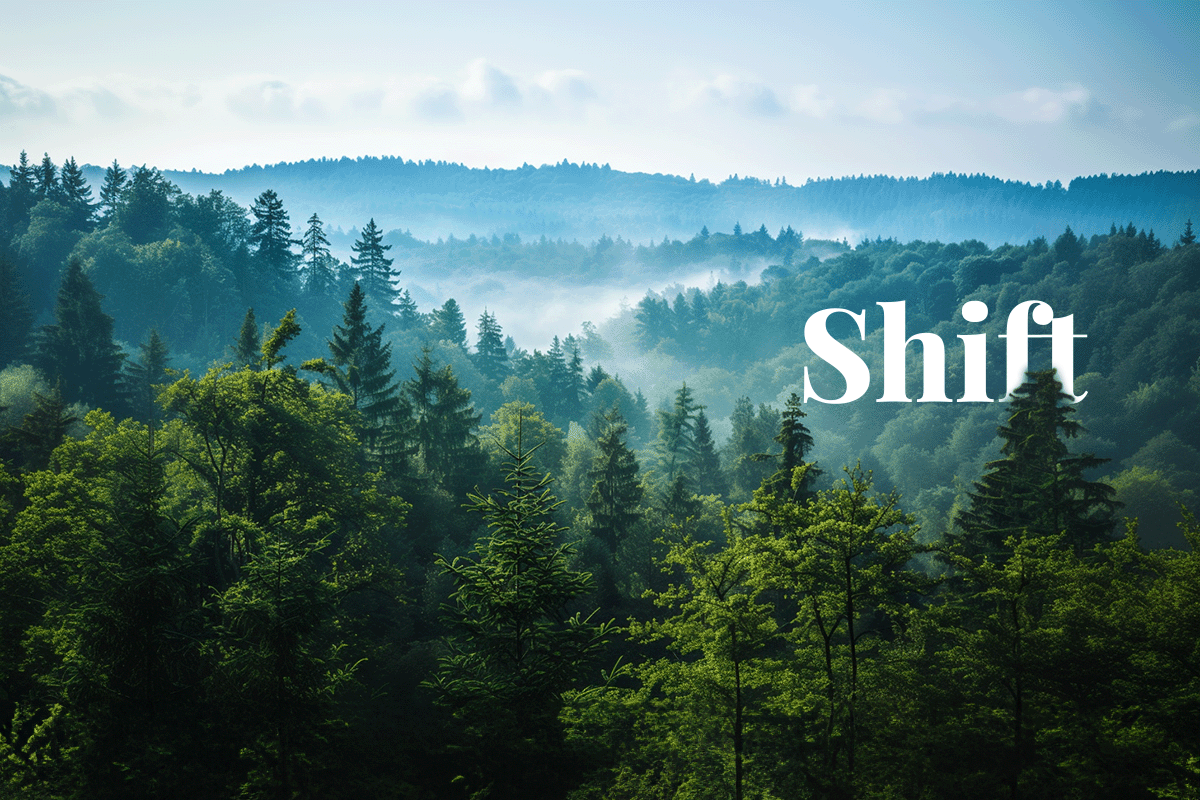Credit Agricole, France's second-largest bank with a significant global footprint, is making a strategic shift in its trading operations. The bank will gradually phase out its precious metals trading, particularly gold, to prioritise activities in compliance carbon markets.
 Landscape of the green Orléans Forest in France, shrouded in morning mist. AI generated picture.
Landscape of the green Orléans Forest in France, shrouded in morning mist. AI generated picture.
This decision aligns with Credit Agricole’s broader commitment to environmentally sustainable practices. By focusing on carbon markets, the bank is positioning itself to support and benefit from the growing momentum behind global decarbonisation efforts. The move is seen as a vote of confidence in the European Emissions Trading System (EU ETS), which has become a cornerstone of the European Union’s strategy to reduce industrial carbon emissions.
Read more: DGB Group launches Impact Loans: a revolutionary way to invest in a sustainable future
The EU ETS and other similar systems worldwide are anticipated to grow significantly, having reached a combined value of $979 billion in 2023, with the EU ETS representing nearly 90% of this figure. Credit Agricole plans to commence carbon trading by 2025, a strategic entry as demand for emissions allowances is expected to surpass supply in the near future.
The decision to exit precious metals trading, particularly gold, stems from several years of poor performance in this sector, exacerbated by the COVID-19 pandemic. Disruptions in logistics and refinery operations during the pandemic led to significant supply chain challenges, which in turn caused price discrepancies between key trading hubs in New York and London. As many in the market held onto their positions, Credit Agricole chose to cut its losses and pivot towards more sustainable investments.
This shift is part of a broader trend at Credit Agricole towards ESG-oriented strategies, following their December 2023 decision to cease new investments in oil and gas projects.
Read more: Reforestation and afforestation projects around the world: success stories and lessons learned
DGB’s nature-based projects are crafted with a deep commitment to long-term sustainability, each one extending over many years to ensure that the positive impacts are both significant and enduring. Upholding the highest environmental and social standards, we ensure that every investment directly contributes to tangible, nature-positive outcomes, restoring vital ecosystems and benefiting the communities connected to them.
Join us in our mission to rejuvenate our planet. Explore our projects, witness the transformative difference we are making, and become part of a legacy that restores nature and enhances lives. Together, we can create a lasting, positive impact on the world.
Discover how you can get started on the green path with DGB



